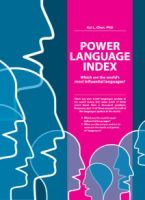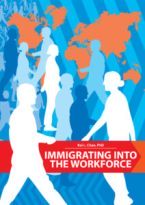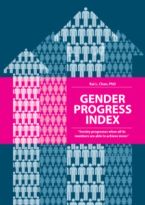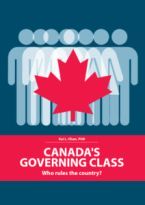
Talent comes from many economic backgrounds
If you are reading this article, you likely belong to the richest quartile of the country. According to an April 2004 New York Times article, three quarters of Harvard’s class of ’03 came from the top quartile of the income distribution; only 6.8 percent came from the bottom. The figures for Princeton are similar. If Princeton is truly interested in being “in the nation’s service,” then not only is it failing its mandate, but it is also exacerbating inequalities. For higher education to be a means of social mobility, the playing field must be made more level for the less affluent.
Let’s face it: Princeton is a bastion of privilege. The problem faced by elite institutions, then, is how to attract and admit qualified students from more diverse economic backgrounds.
Growing up, I belonged to the bottom quartile. Aside from the disadvantages of poverty, my parents also played no role in my schooling, and my teenage years were spent in and out of the courts. I graduated from high school at the age of 20, after dropping out once and being expelled twice.
My acceptance into Trinity College (University of Toronto) came as a surprise in spite of my eventual success in high school; Trinity retains the tradition of having its members wear academic gowns on campus. Nevertheless, as I was to find out, the ivory towers of academia are lacking in their support services for the poor.
Within a month of beginning college, my family had lost our house. It was a humbling experience to approach school officials explaining my problem. Sadly, by that time in my life I had already been robbed of my dignity: throughout my early adult years, my diet consisted of chicken bones that I collected with my sister at her workplace and rotten vegetables tossed away by local grocers – a spartan life indeed. I struggled along, and in spite of the dearth of support offered by the school, I still managed to get admitted into Princeton’s graduate school.
Life has certainly changed a lot since then, but the challenges of growing up in poverty do not magically disappear once you reach the pearly gates of the Ivy Leagues. I just happen to be older and more accustomed to dealing with adversity now.
Unfortunately, few from the bottom quartile share my “luck.” To this end, university administrators bear the onus for the inequalities that they help perpetuate. Thus, I call on President Tilghman to make a few changes for the betterment of the poor, beginning with how Princeton selects the admissions committee and hires the staff that supports the student population.
It is an inherent tendency of humans to seek out and promote things in their own image. Since most admissions committees are composed of people who are from affluent backgrounds, their biases will be to admit people who are similarly well-off. A more diverse admissions committee would see the merits of an applicant who waited on tables to support her family, as well as one with an internship at a prestigious NGO. To this end, Princeton’s admissions committee should include more people from beyond the Ivy-bubble.
Similarly, a more diverse support staff would set a tone on campus more welcoming to a broader spectrum of students and be more adept at providing a safety net for the challenges that poorer students will bring. Having served as an assistant master, I am acutely aware that the dynamics of college life are influenced by the personalities in the office.
Additionally, we must give lower-achieving, low-income students the support they need to qualify. To this end, elite colleges should implement programs identifying bright children from disadvantaged families before they apply to college and offer programs that will help them (and their résumés) close the gap with their more affluent peers. Only then can Princeton be true to its motto, rather than just a boarding college for the privileged.
For me, it is a shame that I have known so many bright people that did not go on to higher education because of lack of money or support from family. I think this is Princeton’s — and society’s — loss.
Kai Chan is an economics graduate student from Toronto, Canada.
The Daily Princetonian: ‘Talent comes from many economic backgrounds”
Published: Wednesday, February 2nd, 2005






